Israeli aggression, settler attacks ruin Palestinian olive harvest
A year-long Israeli campaign of death and destruction in the besieged Gaza Strip and an increase in Israeli settler attacks across the occupied West Bank have badly damaged Palestinian olive harvest.
Residents say workers picking the olives by hand stay alert, listening for Israeli drones or warplanes that could bomb them without warning.
“We are happy that the olive season has started but we are afraid because we are in a state of war,” said Rami Abu Asad, who owns a farm in Deir el-Balah, central Gaza.
“But it is clearly evident (to Israeli forces) that we are workers and we do nothing else,” he said, noting a sweeping Israeli military offensive in Jabalia, less than 20 kilometers to the north.
Since October 7 last year, Israel’s onslaught in Gaza has killed 42,603 people, a majority of them civilians.
The UN says the protracted Israeli aggression has reduced vast areas of Gaza to rubble, with about 68 percent of the territory’s agricultural areas damaged by the war and farmers unable to fertilize or irrigate their land.
The National Office for the Defense of Land and Resistance to Settlement said on Saturday that Israel’s raging war on Gaza has destroyed 75 percent of olive trees in the besieged Gaza Strip.
Palestinians in Gaza were only able to have access to their fields during the one-week temporary ceasefire last November.
“The number of remaining olive trees is very small and the costs are very high,” Asad noted.
Jamal Abou Shaouish, an agricultural engineer, expects this year’s harvest in Gaza to net just 15,000 tons, sharply down from around 40,000 tons in the years before the Israeli aggression.
Supply shortages and destruction caused by the war will also impact the quality of olives.
In the occupied West Bank, the harvest has been marred by perennial fears of attacks by extremist Israeli settlers, who regularly prevent Palestinians from accessing their olive groves or outright destroy their orchards.
Khaled Abdallah has made the tough decision not to harvest olives this season on his land near the Beit El settlement.
“I didn’t even consider going to these lands close to the colony, because the situation is very dangerous,” he said.
Like other Palestinians who own olive groves near the settlements, Abdallah coordinated with Israeli advocacy organizations to obtain special permits for the crops.
“But there are no longer any rights organizations capable of protecting us from settler attacks, and there is no longer any coordination,” he lamented.
The United Nations humanitarian office accused Israel on Friday of using "war-like" tactics against Palestinians in the occupied West Bank, citing killings by soldiers and attacks on Palestinian olive groves by Israeli settlers.
Earlier this week, UN experts said Palestinian farmers in the occupied West Bank are facing “the most dangerous olive season ever.”
In the past, settlers have assaulted Palestinians, set fire to or damaged their crops, stolen sheep and blocked them from getting to their land, water and grazing areas.
And since October 7, the violence has only intensified.
The Israeli human rights group Yesh Din says attacks by settlers have increased “significantly” this year.
According to the group’s spokesperson Fadia Qawasmi, farmers from the village of Madama, south of Nablus, were prevented from accessing their plots for three years. Settlers also damaged their vehicles.
“The owners were expelled from their land by settlers from Itamar,” said Abdallah Ziada, the head of the Madama village council. “Every day there are clashes.”
“We cannot distinguish those who arrests us -- if they are settlers or soldiers, because they are sometimes in civilian clothes and armed, and other times in military uniform,” Ziada added.
Earlier this week, the Palestinian health ministry in Ramallah said Israeli forces shot dead a woman in Faqoua village near Jenin while she harvested olives.
The incident happened as she was picking olives with other members of her family when soldiers stationed on the nearby separation wall opened fire.
Every year during the olive harvest season, violent settlers disrupt Palestinian farmers’ movement toward their fields and often damage or steal their crops. They also often set the trees on fire or cut them down.
Olives are a primary source of income for Palestinian farmers. The harvest season, which runs between October and November, is a lifeline for 80,000 to 100,000 Palestinian families in the West Bank.
According to United Nations data, virtually half of the Palestinian agricultural land is planted with an estimated 10 million olive trees in the West Bank and the besieged Gaza Strip.
Olive harvests have also been the site of perennial clashes between farmers and encroaching extremist Israeli settlers for decades.
Violence by Israeli settlers escorted by Tel Aviv regime forces has soared in recent months across the occupied territories.
Since the Israeli aggression in the besieged Gaza Strip began on October 7, 2023, Israeli troops or settlers have killed at least 738 Palestinians in the occupied West Bank as well.
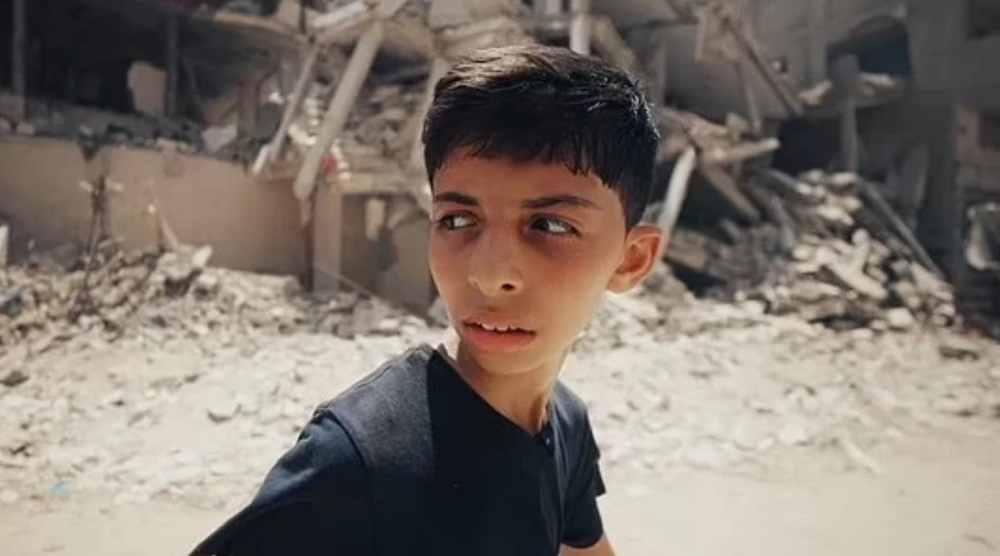
Palestinian child in Gaza documentary holds BBC responsible for fate after persecution
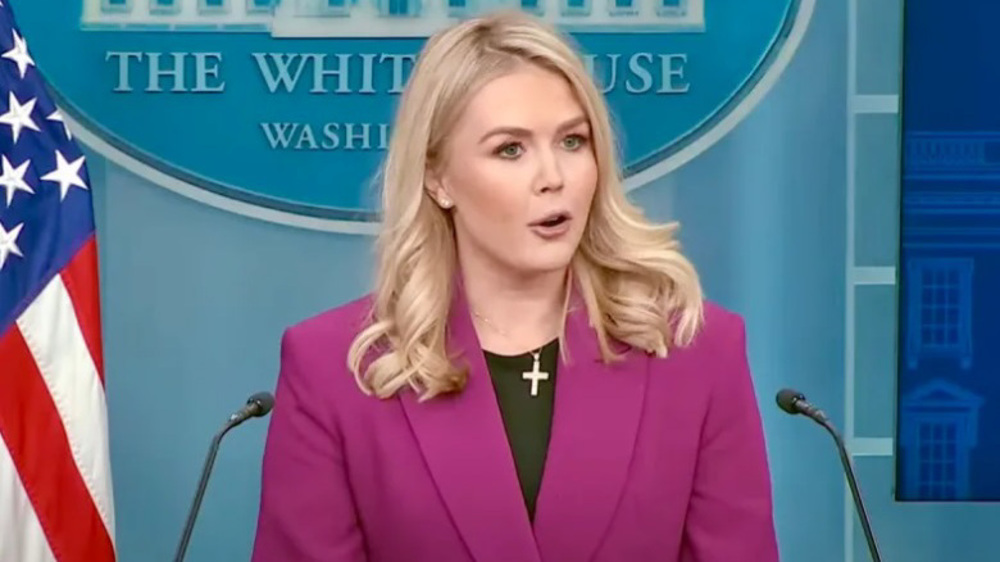
US engaged in direct talks with Hamas: White House
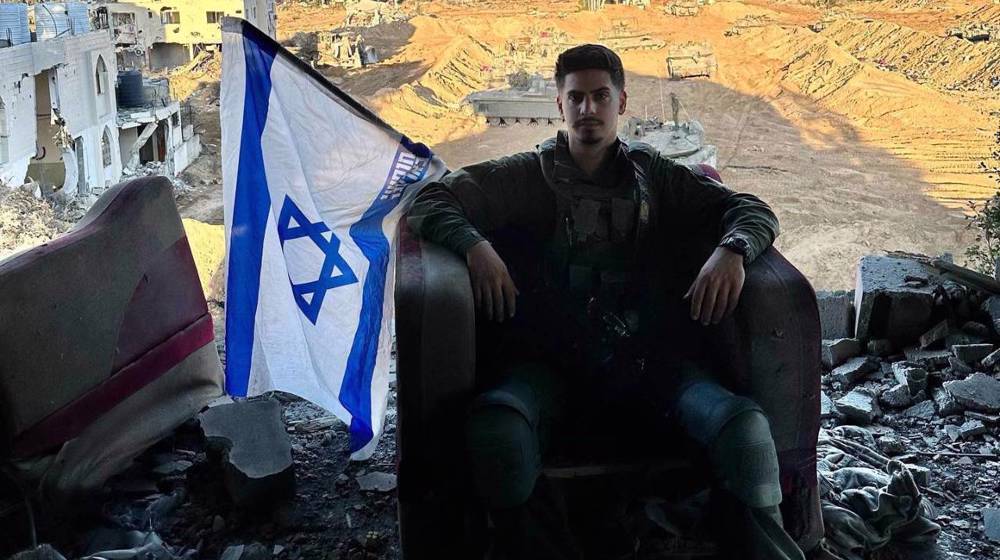
Hind Rajab Foundation files war crimes case in Germany against Israeli soldier
VIDEO | Arab summit and occupation project
VIDEO | Growing transatlantic rift
VIDEO | People in Gaza welcome holy Ramadan amid devastation
Palestinian child in Gaza documentary holds BBC responsible for fate after persecution
US engaged in direct talks with Hamas: White House
Iran’s largest oil producer reports increase in output
VIDEO | Press TV's news headlines
VIDEO | Gaza humanitarian crisis


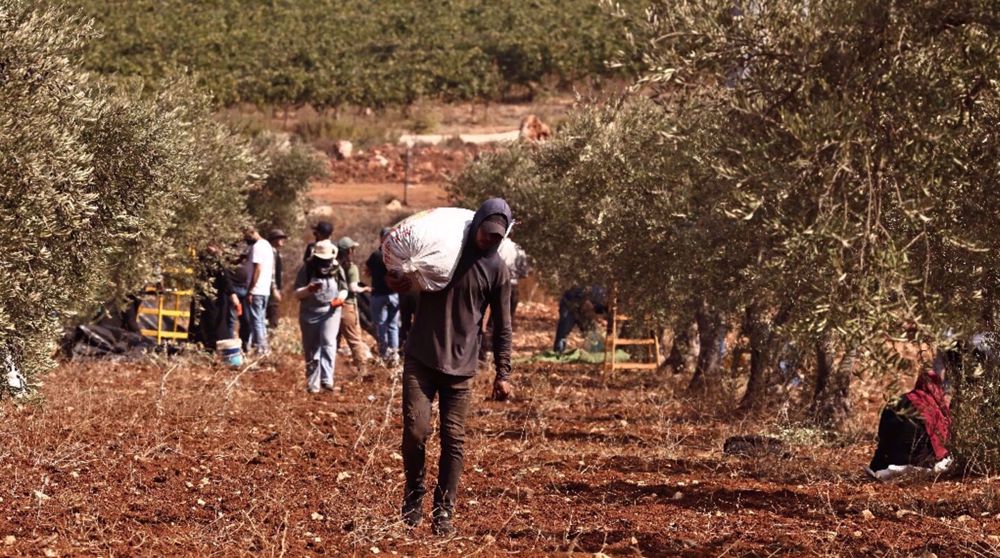
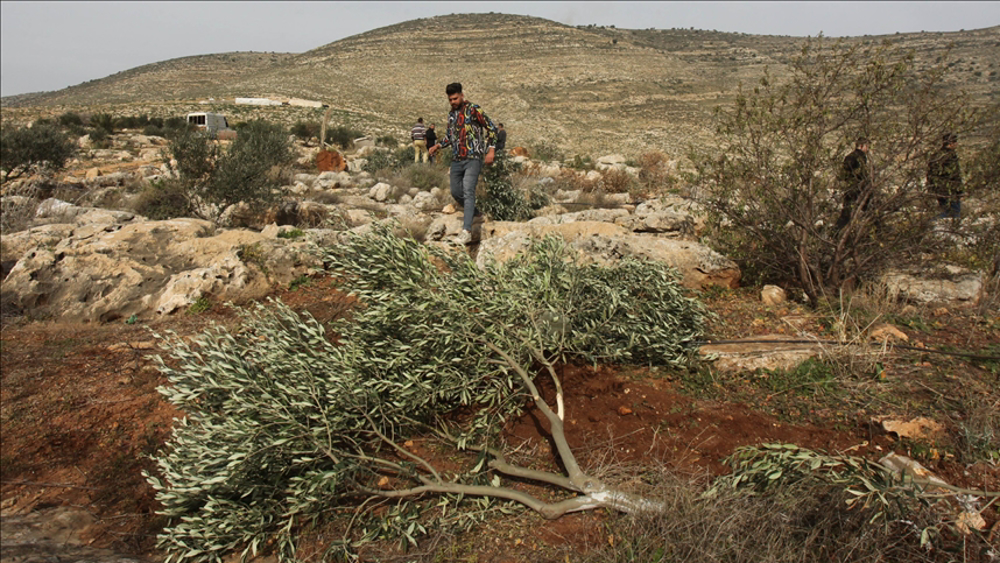
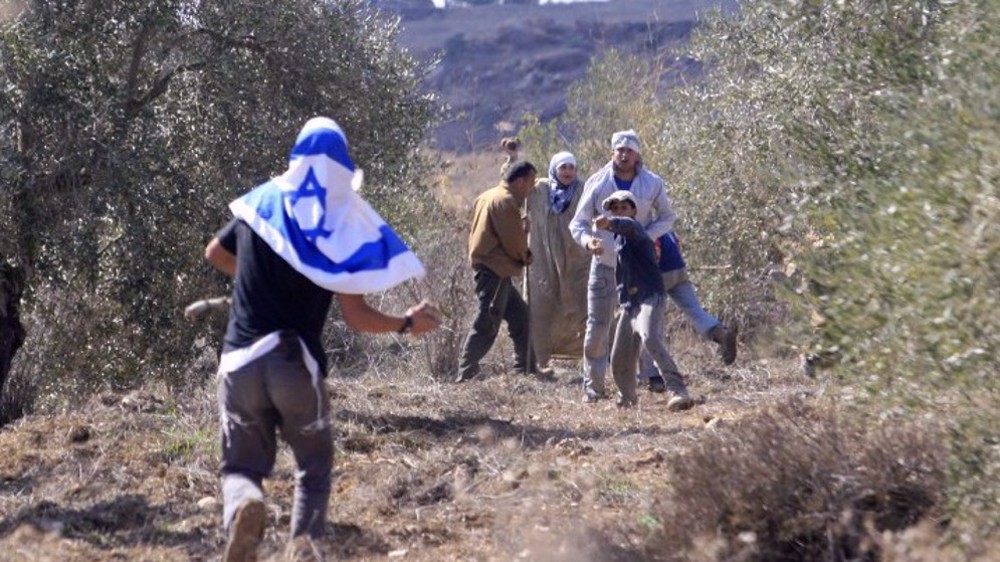
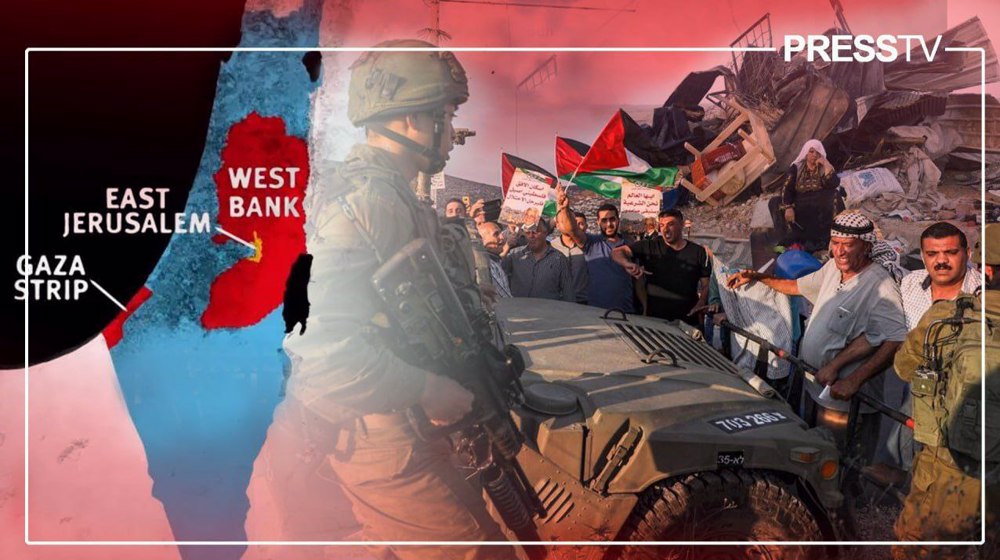



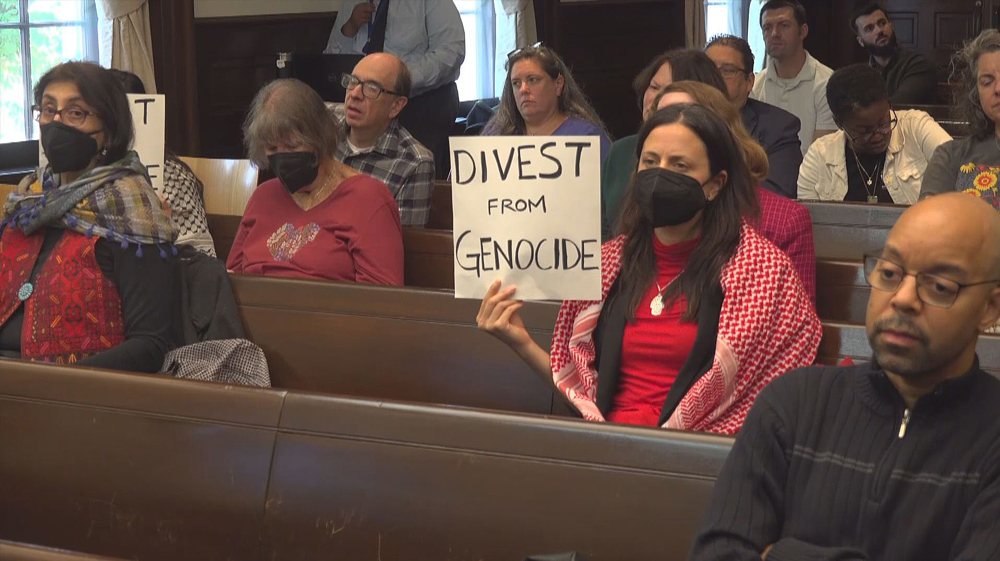
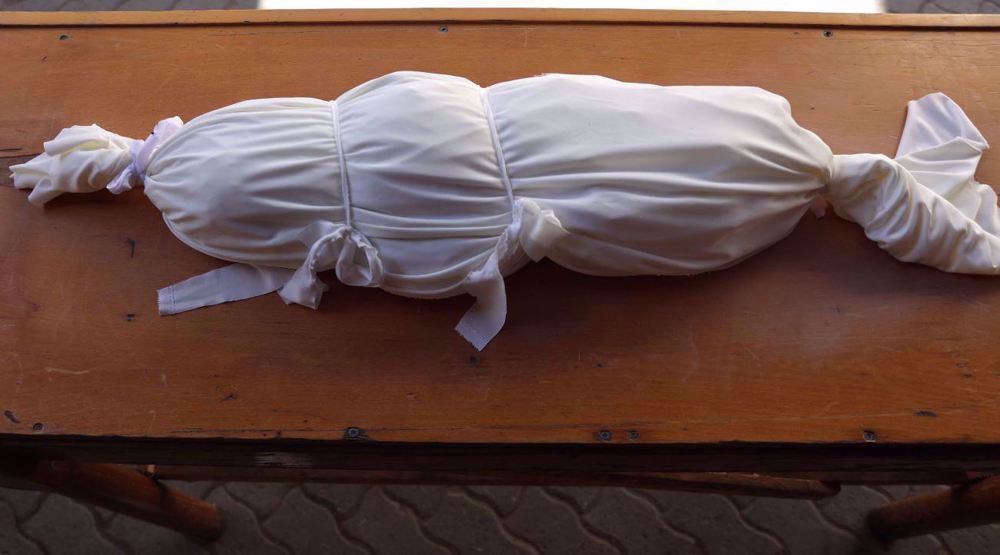

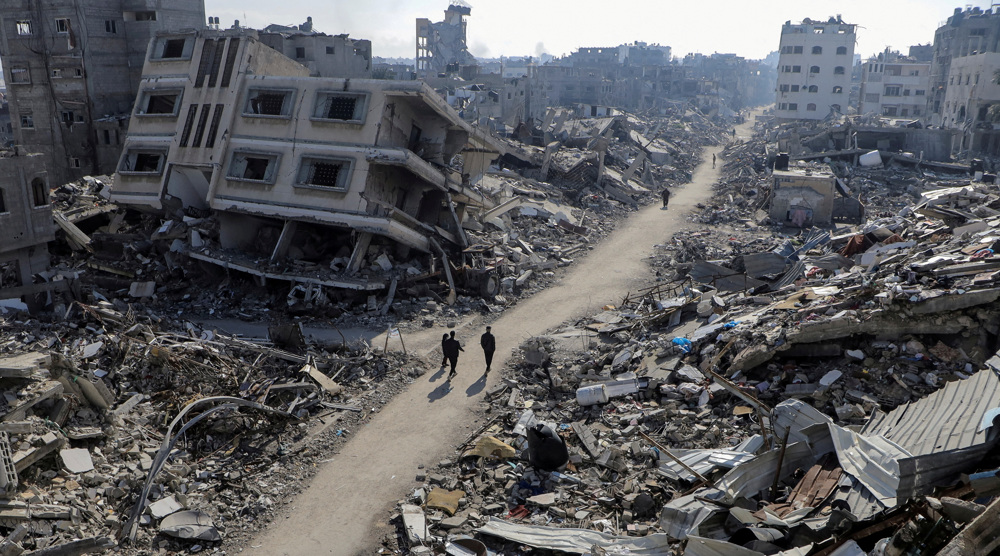
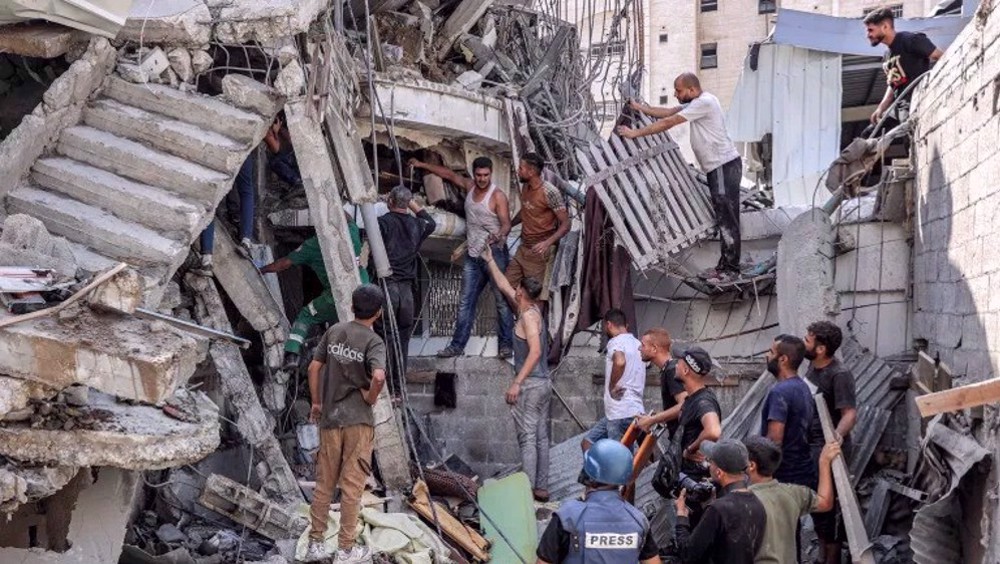
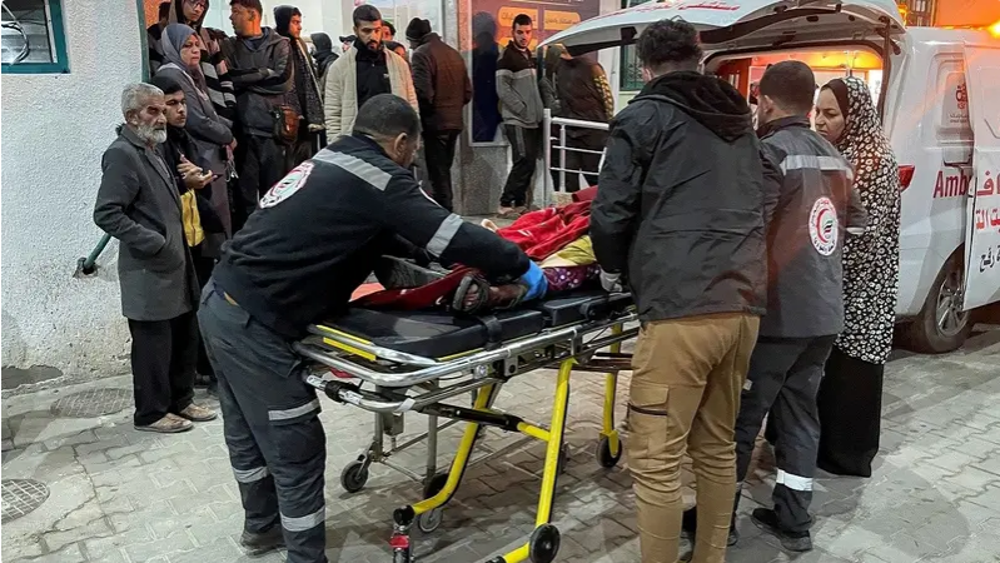
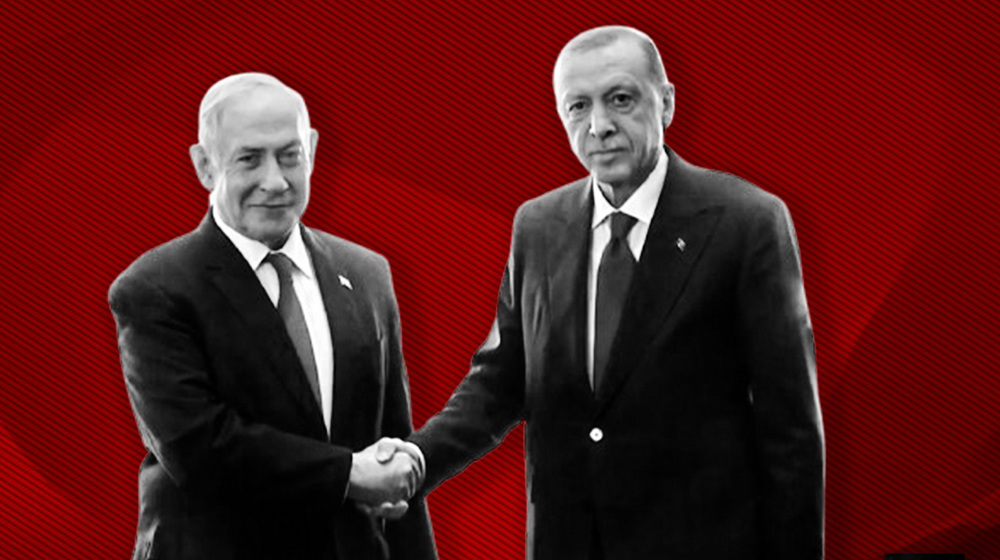
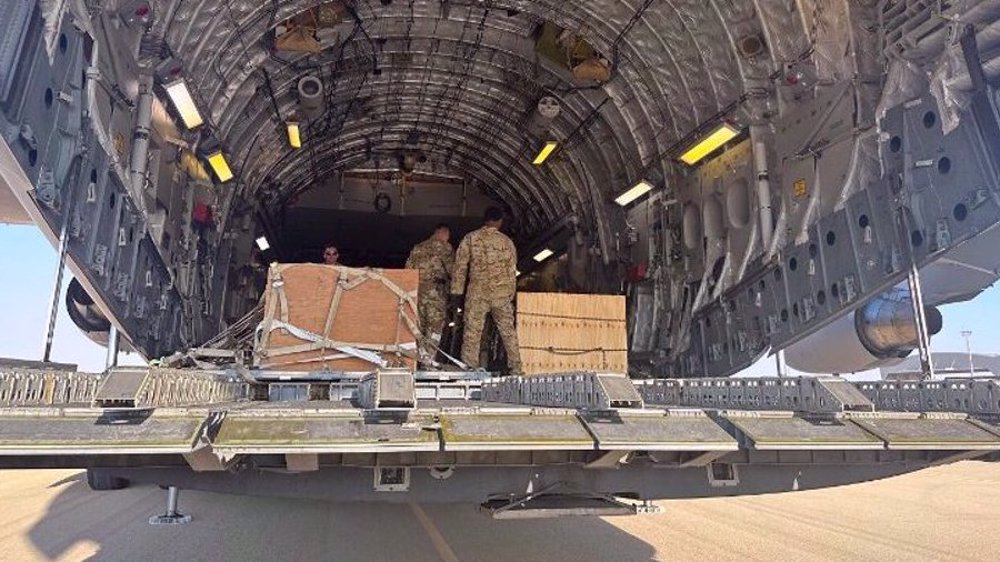
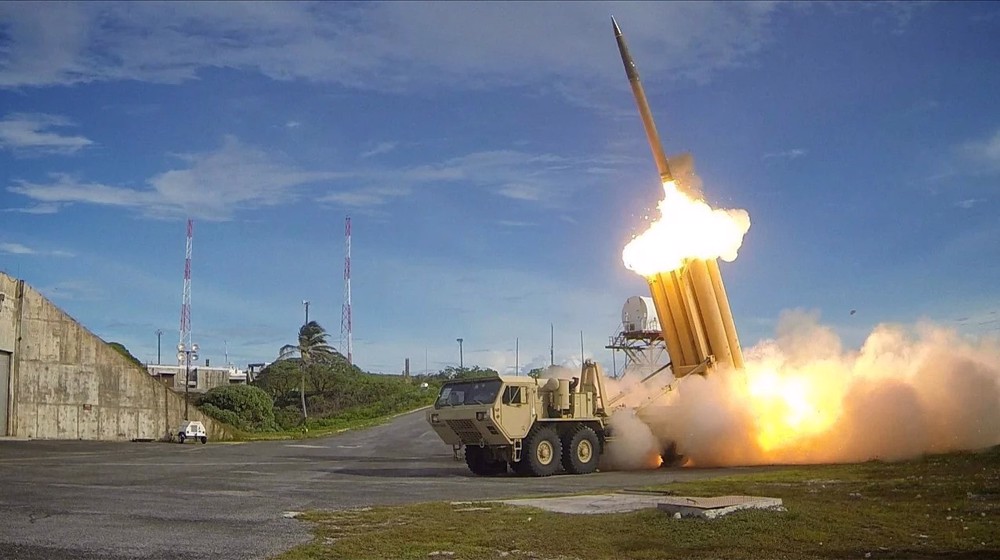
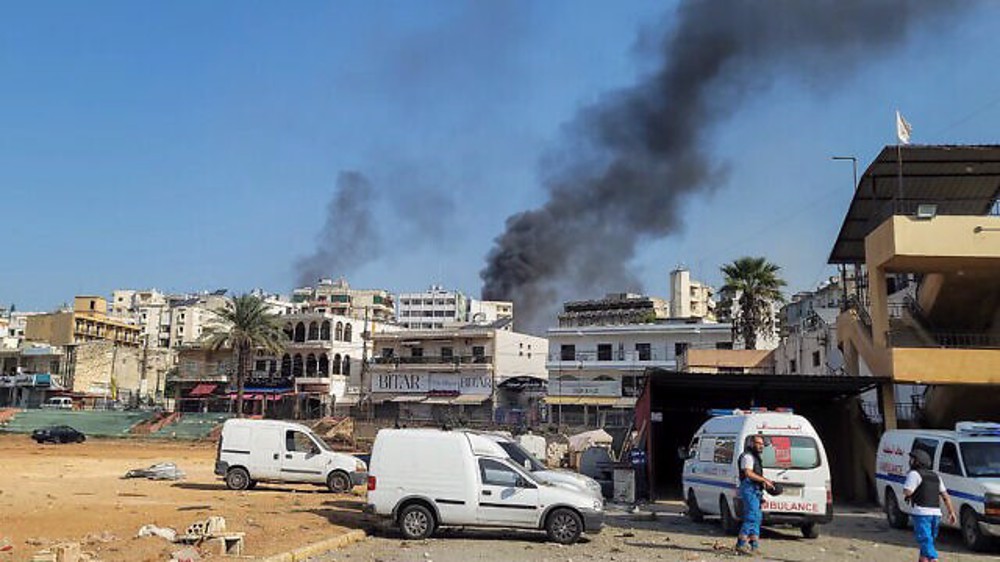

 This makes it easy to access the Press TV website
This makes it easy to access the Press TV website